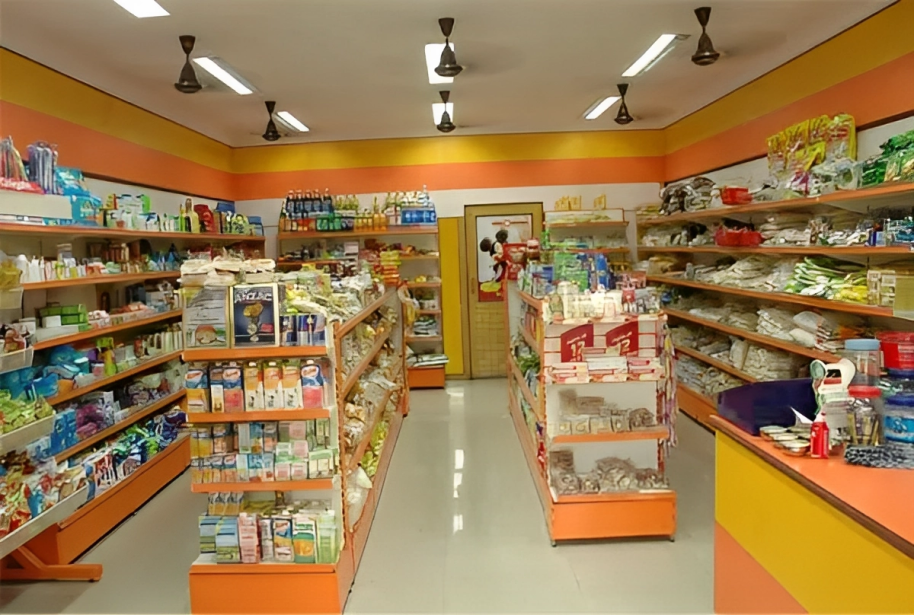India's largest manufacturer and exporter of display racks
This company is the largest manufacturer and exporter of display racks, retail fixtures and industrial solutions in India. It offers widest range of standard and customised products with the best wall and floor space utilisation designs, certified durability, competitive pricing and modern aesthetics. With a focus on sustainability and environmentally friendly manufacturing processes, this organization is committed to delivering products that not only meet its customers’ needs but also contribute to a better future.
- 5,000,000 Sq Ft of Space Covered with Fixtures & Counting
- 100 to 1,00,000 Sq Ft of Fixtures for Stores of all sizes
- 6000+ Stores designed & counting
- 80,000+ Products for various segments & industry
Lack of visibility into invoice vs dispatch spending metrics
Manual processing of 25+ dispatches & 100+ invoices daily 12+ Full time employees (FTE’s) engaged in logistics functions that include loaders/unloaders, packaging staff, clerical staff, accountant, purchase assistant, vehicle supervisor, scheduler etc. Lack of visibility into invoice vs dispatch spending metrics i.e. how much is the spend on logistics for every unit of income. Managing owned vehicles is a big hassle (time consuming & expensive). Managing market truckers (50+), their SLA’s, on time delivery requirements is a challenge, no visibility into their internal working or performance.
Automated Invoicing Workflow i.e. Transporters (Vendors) submit invoices and that's approved (or rejected) by customers.
The CargoFL Team worked closely with the customer’s team to enable and bring to front a demand sensing and capacity planning approach so they can envision a centralised supply chain platform. In the CargoFL Connected Logistics platform, a wall (dashboard) was developed specifically to highlight different set of metrics that’s required from a management perspective to make real meaningful & insightful decisions.
The below is a quick summary of implementation within CargoFL for this customer :
- Order processing & paper work automated
- All the Transporters serving this customer also on boarded to same platform
- Effective collaboration between Customers & Transporters
- Automated Invoicing Workflow i.e. Transporters (Vendors) submit invoices and that’s approved (or rejected) by customers
- Invoice vs Dispatch Metrics
- Real Time Tracking & Product Tracing End to End
Tangible and Intangible business benefits
Successful implementation of TMS has helped this organization to achieve many business benefits mentioned as below :
Reduced transportation costs : By optimizing routes, negotiating better rates with carriers, and reducing waste, a TMS can help a manufacturing company reduce their overall transportation costs.
Improved delivery times : With real-time shipment tracking, accurate ETAs, and the ability to quickly respond to issues, a TMS can help a manufacturing company improve delivery times and reduce transit-related disruptions.
Increased operational efficiency : By automating manual processes such as shipment planning, carrier selection, and rate negotiations, a TMS can help a manufacturing company increase their operational efficiency, freeing up resources for other tasks.
Enhanced visibility : A TMS provides a single platform for all transportation-related data, giving a manufacturing company a complete and real-time view of their supply chain.
Better customer experience : With improved delivery times, increased visibility, and reduced transit-related disruptions, a TMS can help a manufacturing company provide a better customer experience, leading to increased customer satisfaction and loyalty.
Improved compliance : A TMS can help a manufacturing company comply with regulatory requirements and industry standards, reducing the risk of penalties, fines, and reputational damage.
Better data insights : A TMS can provide a wealth of data on transportation operations, allowing a manufacturing company to make data-driven decisions to improve their supply chain.
Improved sustainability : By optimizing routes and reducing waste, a TMS can help a manufacturing company reduce their carbon footprint, improve sustainability, and demonstrate their commitment to the environment.

